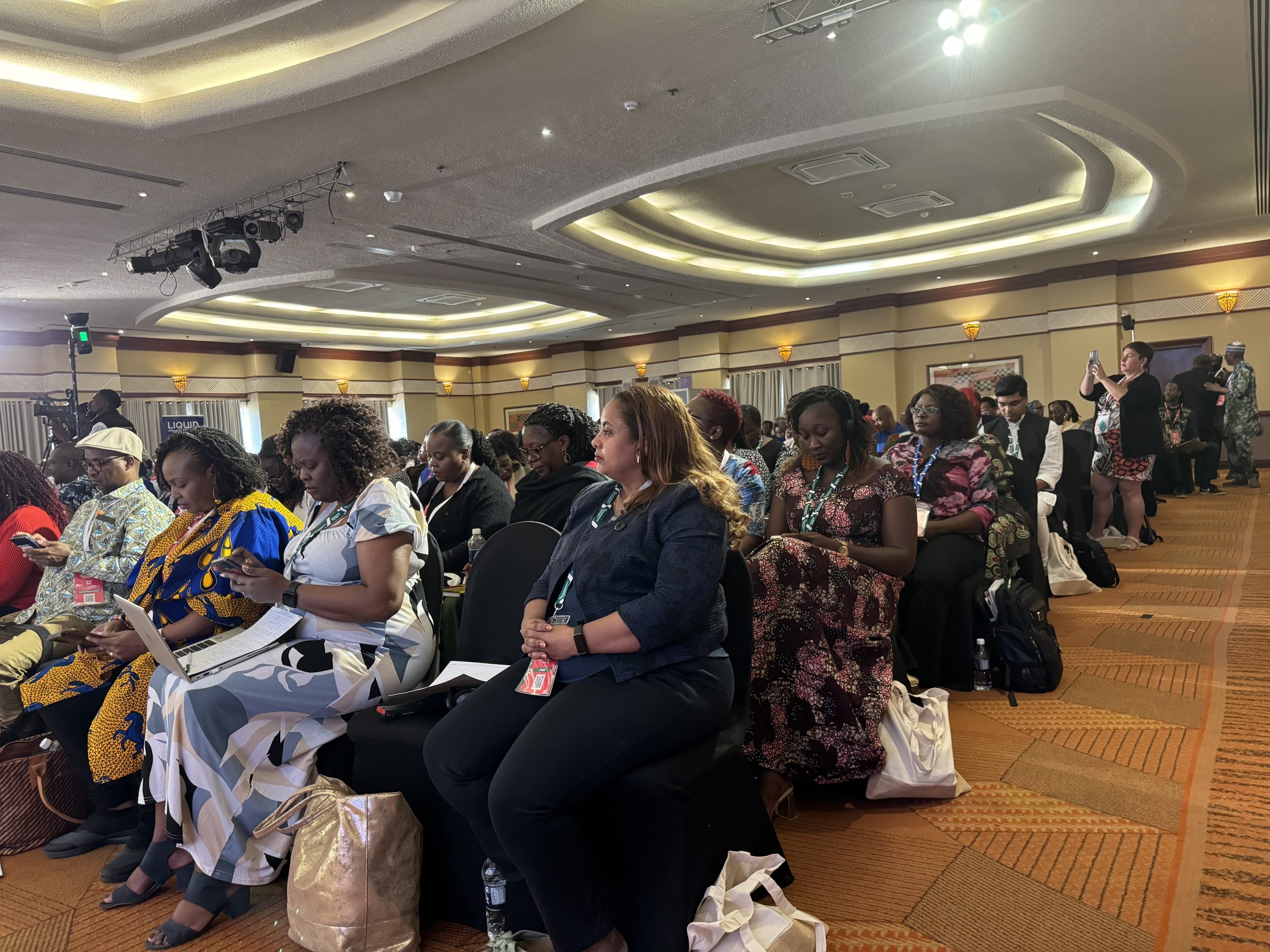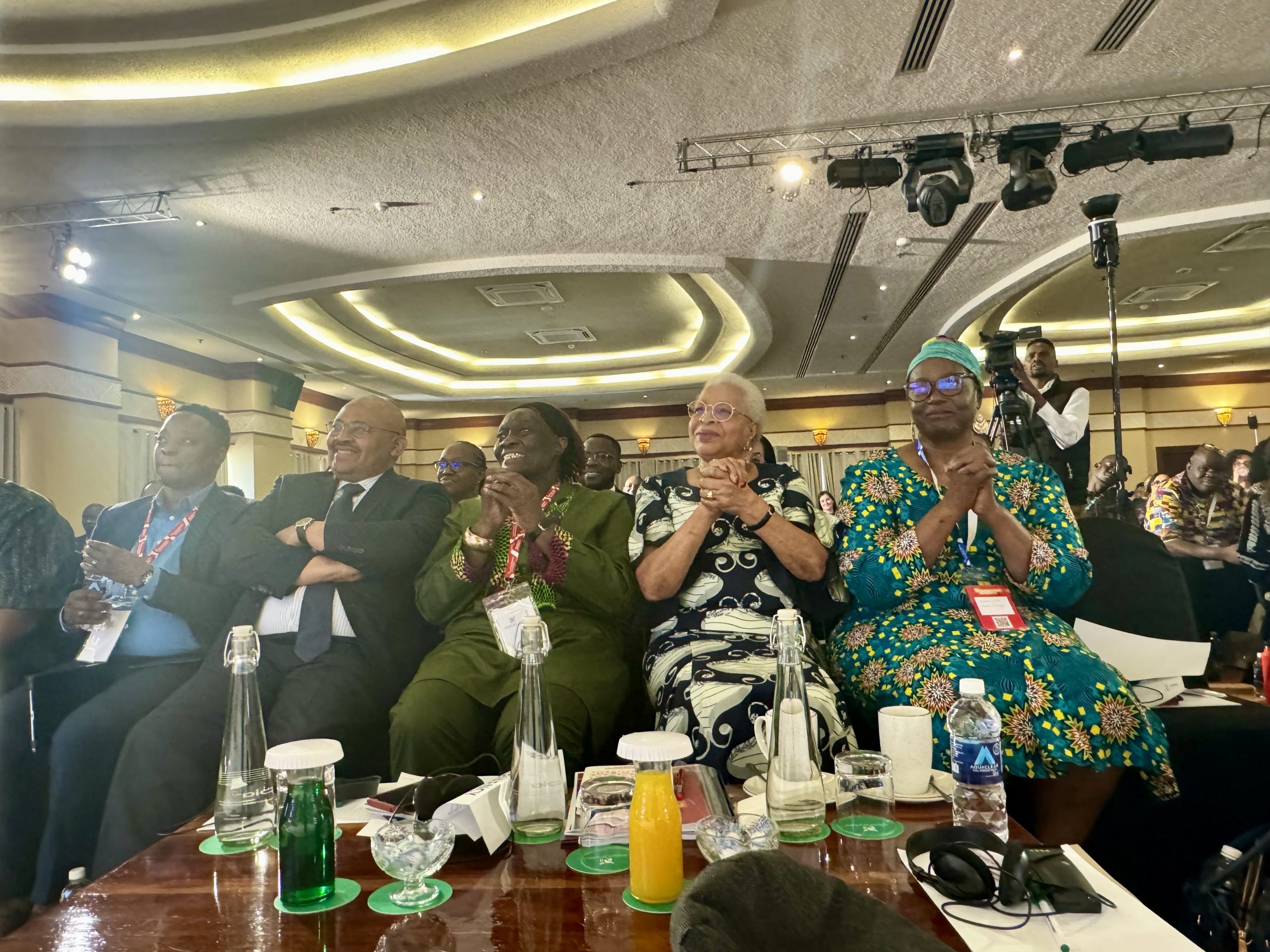BY NOKUTHABA DLAMINI
This week, Victoria Falls played host to the 5th African Philanthropy Conference, an annual gathering of philanthropic institutions and stakeholders from across the continent.
The conference aims to advance the principles of philanthropy and social investment in Africa, fostering collaboration, innovation, and progress for the continent’s diverse populations and communities.

The academic dimension of the conference kicked off on Monday, with scholars, practitioners, and thought leaders exchanging groundbreaking research and valuable insights.
Delegates engaged in lively debates, informing and strengthening findings on the sector.
On Tuesday, the main conference began, exploring the intricate and diverse challenges philanthropy faces in Africa.
Keynote speakers, plenary discussions, and ignite talks sparked meaningful conversations, while parallel sessions and networking opportunities enriched the conference experience.
One of the highlights was a parallel session on re-centering philanthropic narratives and securing independent and autonomous resourcing.
Moderated by Leila Hessini, the session called for clarifying ideological framing, recognizing women’s roles in giving, and defining philanthropy beyond financial resources.
“We are saying, there is so much to harness from what we are seeing in how our communities practice philanthropy that can be given pretty much as a gift to the whole global community in terms of how do we do good better,” said Briggs Bomba, director of programs at Trust Africa and chair of the program committee for the conference.
(https://x.com/vic_falls_live/status/1819049457721221331?s=46)
As the conference progressed, delegates reflected on climate justice, just transitions, and the importance of achieving equality and supporting people’s agency.
“We like to think of it as the pressing challenges that are confronting humanity at this particular moment, and it is our sense that climate change is one of those existential challenges that is confronting humanity.We don’t have a lot of time to fix this, so we need to respond as a global community, as within our national frameworks enshrined, within our communities to stopping the threats around the climate that we are seeing,” Bomba said.
Tade Aina, Chief Impact and Research Officer at the Mastercard Foundation, emphasized the need for long-term commitments and collective agendas to drive sustainable change.

The conference also celebrated the power of African philanthropy, with Graça Machel inspiring delegates with a speech on giving and caring in the African way.
As the 5th African Philanthropy Conference comes to a close, delegates depart with renewed energy and commitment to advancing philanthropy and social investment in Africa.
The conference has provided a platform for stakeholders to connect, share insights, and drive progress towards a brighter future for the continent.
The emphasis on climate justice, just transitions, and securing independent and autonomous resourcing has sparked important conversations and calls to action.
Delegates were inspired by the power of African philanthropy and the importance of centering philanthropic narratives on the continent.
As Tade Aina so eloquently put it, “Philanthropy is doing good and doing it in perpetuity. We have to keep sight of what matters most…the love for each other.”

 Slider3 years ago
Slider3 years ago
 National4 years ago
National4 years ago
 Tourism and Environment4 years ago
Tourism and Environment4 years ago
 Special reports4 years ago
Special reports4 years ago
 Opinion4 years ago
Opinion4 years ago
 National4 years ago
National4 years ago
 National3 years ago
National3 years ago
 National3 years ago
National3 years ago





